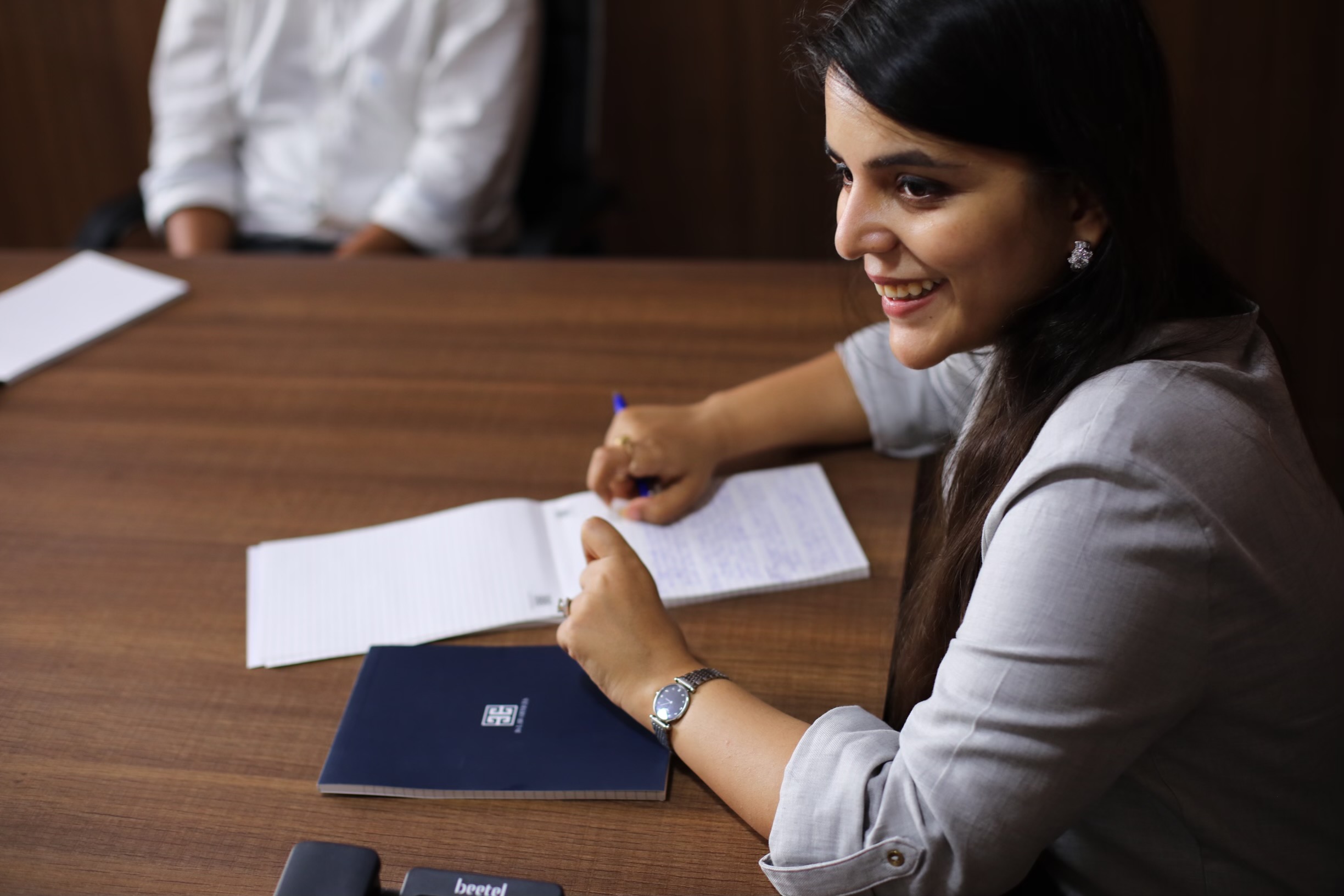CONTEMPORARY BOTH NATIONAL AND INTERNATIONAL SOCIO-LEGAL ISSUES
AUTHOR – RIMI AGARWAL, STUDENT OF MANIPAL UNIVERSITY JAIPUR, JAIPUR
BEST CITATION – RIMI AGARWAL, CONTEMPORARY BOTH NATIONAL AND INTERNATIONAL SOCIO-LEGAL ISSUES, ILE WEEKLY REVIEW (ILE WR), 1 (6) OF 2023, PG. 15-20, APIS – 3920 – 0037 | ISBN – 978-81-964391-3-2.
ABSTRACT
National and international socio-legal concerns today are a reflection of the complicated problems that contemporary societies are dealing with. These problems are a result of the interaction between social dynamics, legal systems, and developing global trends, and they have a big impact on people, communities, and countries.
Socio-legal issues at the national level cover a wide range of subjects. As countries work to establish a balance between individual liberties and national security, the safeguarding of civil liberties and human rights is one urgent priority. [1]The prevalence of digital technologies and the internet has raised concerns about privacy, surveillance, and data protection.
Social justice and equality is a crucial topic of concern. In many nations, the fights for racial justice, LGBTQ+ rights, gender equality, and the eradication of discrimination are still going on. By passing and upholding laws that support equity, inclusion, and equitable opportunity for all members of society, the legal systems play a critical role in resolving these problems.
International human rights violations, conflicts, and the necessity for international collaboration are frequent themes in socio-legal concerns. Just a few examples include defending those seeking asylum and refuge, stopping human trafficking, and dealing with the problems brought on by climate change. Addressing these global problems, promoting international communication, and creating structures for responsibility and cooperation all depend on international law and institutions.
Modern socio-legal concerns require [2]multidisciplinary approaches that bring together legal knowledge, social scientific research, and public policy. To properly address these issues, cooperation between governments, civil society organizations, and international organizations is crucial. Societies may work toward a more equitable, inclusive, and sustainable future for all by tackling these concerns.
KEYWORDS – Social, Organizations, Equity, Security, Societies
[1] Statement by His Excellency Dr. Susilo Bambang Yudhoyono, President, Republic of Indonesia at the opening of the Asia-Africa Summit 2005.
[2] The Text of the Declaration is available on the website of the Museum of The Asian-African Conference, note1. It has also been reproduced in the AALCO Quarterly Bulletin, vol. 1 (2005), pp. 140-45.
